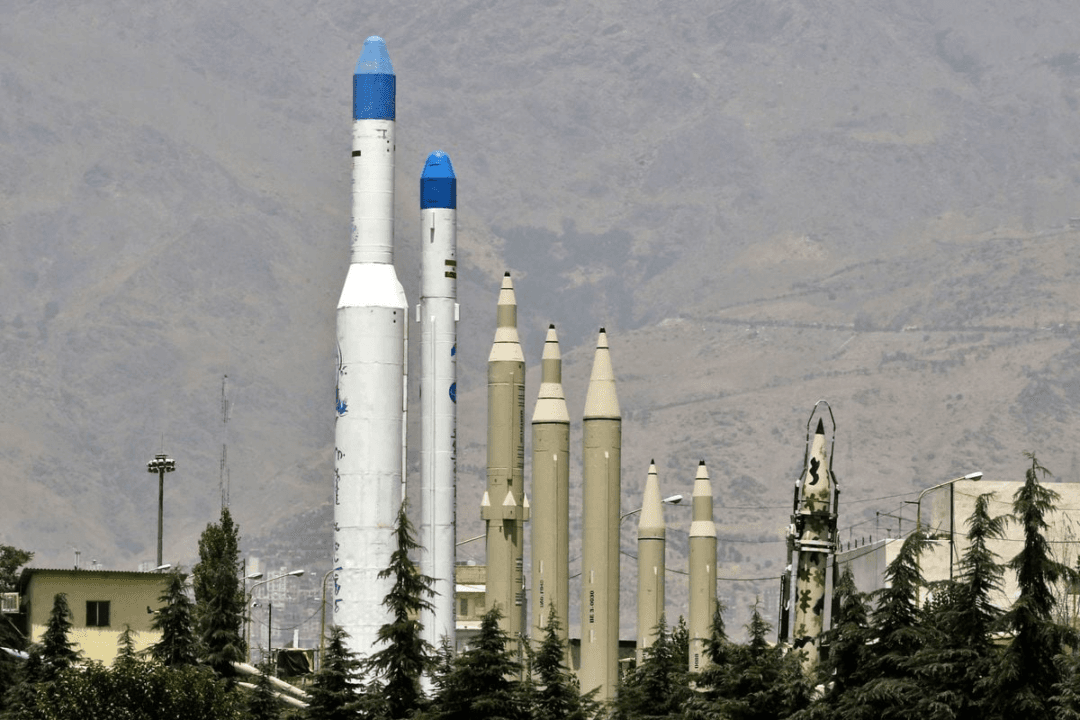News Analysis
While it isn’t clear whether Iran was directly involved in the unprecedented terrorist attacks on Israel, the Islamist regime has consistently been the largest supporter of Hamas and other terrorist groups involved in the attack.

While it isn’t clear whether Iran was directly involved in the unprecedented terrorist attacks on Israel, the Islamist regime has consistently been the largest supporter of Hamas and other terrorist groups involved in the attack.